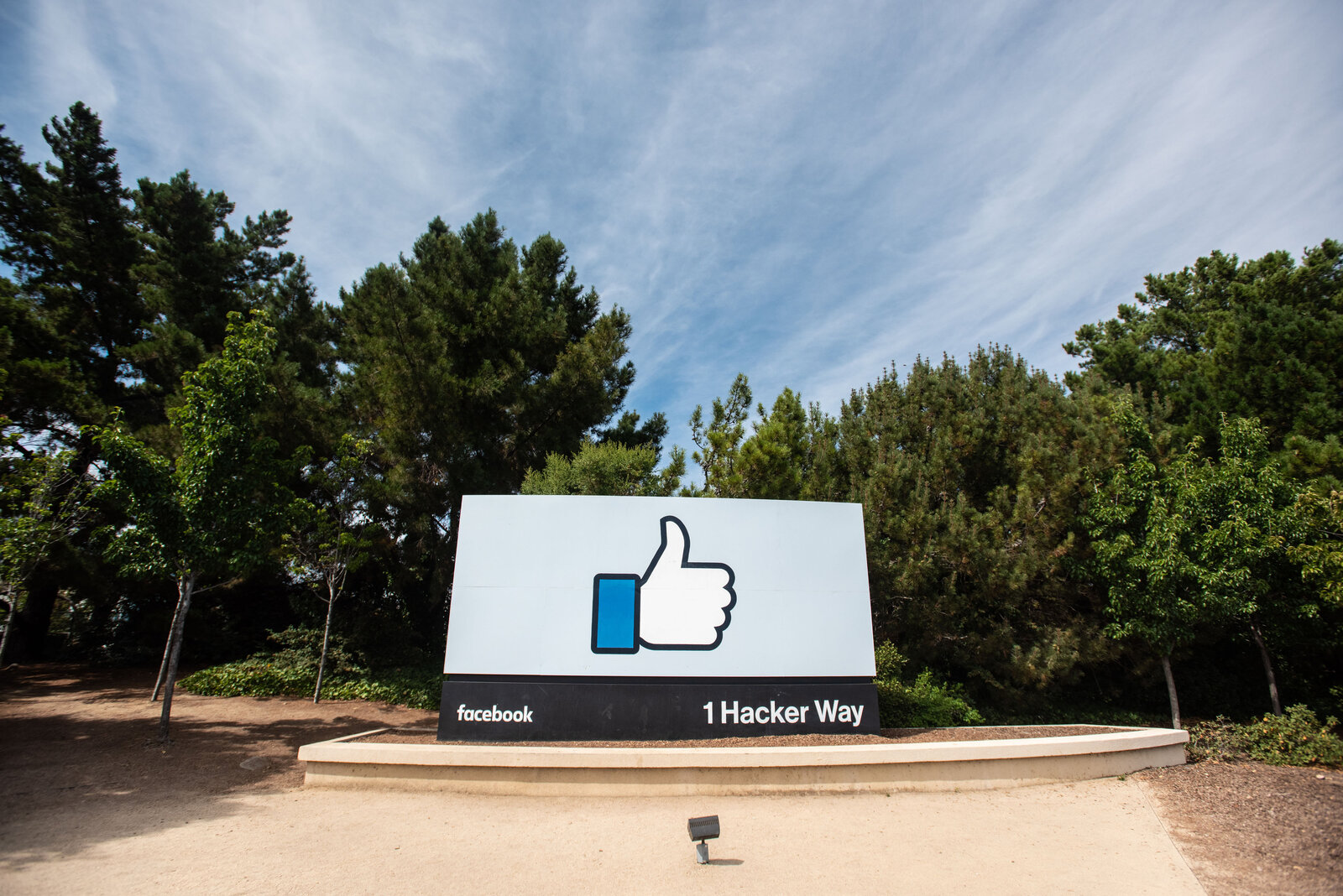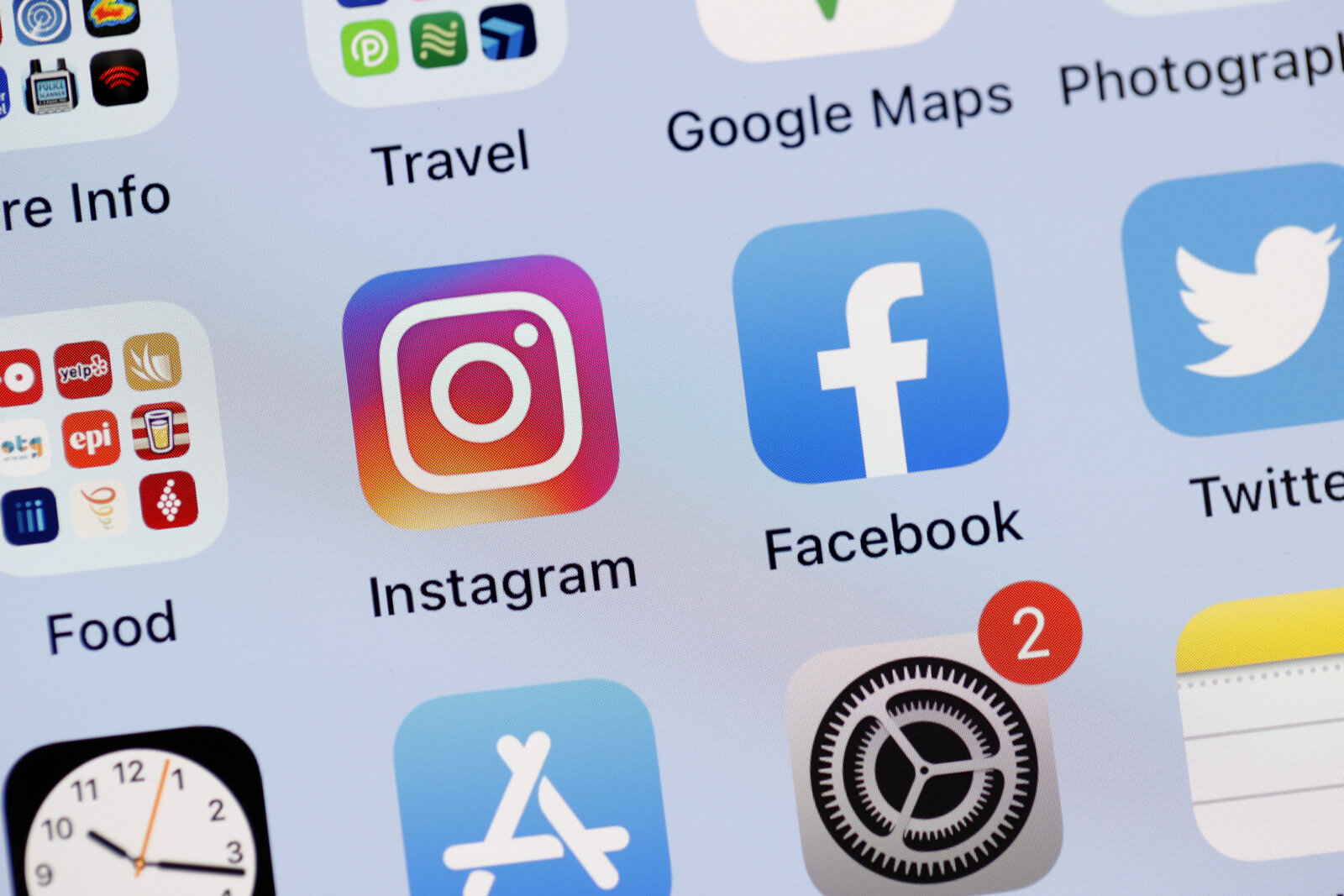A manic obsession with ads, shoving them in the face of users at every turn. Chasing relevance, instead of earning it. Flinging half-baked new features and services out to the public, with minimal to non-existent marketing, only to shutter them after inevitably low traction. And, of course, the inviolable truth that the dilettante boy king remains in charge, come what may.
All of that might sound like a decent encapsulation of some of the recent Facebook news we’ve watched unfold — in addition to many of the headlines lately emanating from its corporate parent, Meta. Ironically, though, what I was really trying to paint a picture of above was my time in an altogether different industry — the desperate, flailing newspaper business. That’s where I spent a grand total of 14 years, and where from my front-row seat I watched a story that in hindsight feels uncannily similar to Facebook’s play out in excruciating, train wreck-style slow-motion.
Ads, ads, ads
I want to preface this by acknowledging that I remain a regular user of some products in the Meta wheelhouse, which includes the main Facebook app, plus WhatsApp, Instagram, Messenger, and the Meta Quest VR ecosystem. However, that doesn’t change the fact that some of the recent Facebook news and related headlines have felt … uncomfortably familiar.
The ads are as good a place as any to start.

No matter how bad the Facebook news has gotten over the years, the company’s leadership could at least always rest assured that its juggernaut of an ad machine will continue to essentially print money.
Never mind that it can be at the expense of an enjoyable user experience.
For example, there is absolutely nothing enjoyable or useful about scrolling through the Stories carousel at the top of Instagram or the main Facebook app and getting inundated every five seconds with a random and completely irrelevant ad. Ads are also coming to Instagram’s Explore page, which means that’s now one more piece of the Meta pie that I’ll be consuming more sparingly.

By the way, this is the same thing we did back in my newspaper days.
Instead of re-orienting the revenue mix to a more even distribution between subscriptions and ads, it was much easier for my newspaper to try to go all-in on ads and other revenue that required the least effort. Which eventually devolved into the assignment of stories and projects that not a single reader would ever care about, as long as it was something an advertiser would want to see. And still, we pretended that readers were who we were working for.
Facebook is selling new types of ads on Instagram and Messenger as revenue declines https://t.co/hj4jp3dhkx
— CNBC (@CNBC) October 4, 2022
More Facebook news
My reference above to “chasing relevance” and putting out half-baked products and features also applies both to what I saw in the newspaper world and to what’s happening at Facebook and Meta now.
Similar to one of the most consequential Facebook news trends in recent months — the TikTok-ification of the big blue app — I’m reminded of the way the top brass at my old newspaper used to constantly fetishize the Next Big Thing, whatever it was. Podcasts, videos, email newsletters — all of that, and more, were supposed to have added new yellow bricks on our road to journalism’s Oz. Never mind that, eventually, you always come to realize at the end of such a journey that the loud voice you hear actually belongs to a small man hiding behind a curtain.
Along those same lines, Facebook has convinced itself to become the new thing (TikTok) that everyone loves now — as if such as thing was even possible. After all, for crying out loud, the youngest digital natives today love the TikTok app for all of the ways that it’s not like the social networking giant which has dominated online life for so long.
Instagram users cumulatively are spending 17.6 million hours a day watching Reels, less than 1/10th of the 197.8 million hours users spend on TikTok each day, a Meta internal document showed. https://t.co/CWxrW8JMQ7
— Joyce Philippe (@JoyceMeetsWorld) September 29, 2022
I could go on. Watching the way Facebook is shuttering its Bulletin newsletter service — a product that was impossible for an ordinary user to find in the overloaded, cluttered Facebook app — reminded me of how details like quality and execution never seemed to matter much, whenever the newspaper’s bosses were captivated by a random idea. Nor was there any degree of urgency to fix the things that were messy, broken, or over-complicated. Speaking of overly messy, Facebook’s pullback from its Facebook News product has led to an offering that’s chock-a-block with complete and utter dreck — one crime story after another, and an abundance of ephemera of absolutely no value to me.
It’s yet another Facebook tautology though. They’re stepping back from investing in the product, they say, because usage was low. Even though usage is arguably low … because the quality is poor. Along these same lines, Meta is also ending support for Facebook’s Instant Articles format.
Journalism is, for better or worse, like any other business in our capitalist society. If people keep liking, consuming, and buying the content that we produce, we generally get to keep coming to work the next day. If not? Well, it’s like Zuckerberg himself wrote in the Facebook employee handbook:
“The internet is not a friendly place. Things that don’t stay relevant don’t even get the luxury of leaving ruins.“








